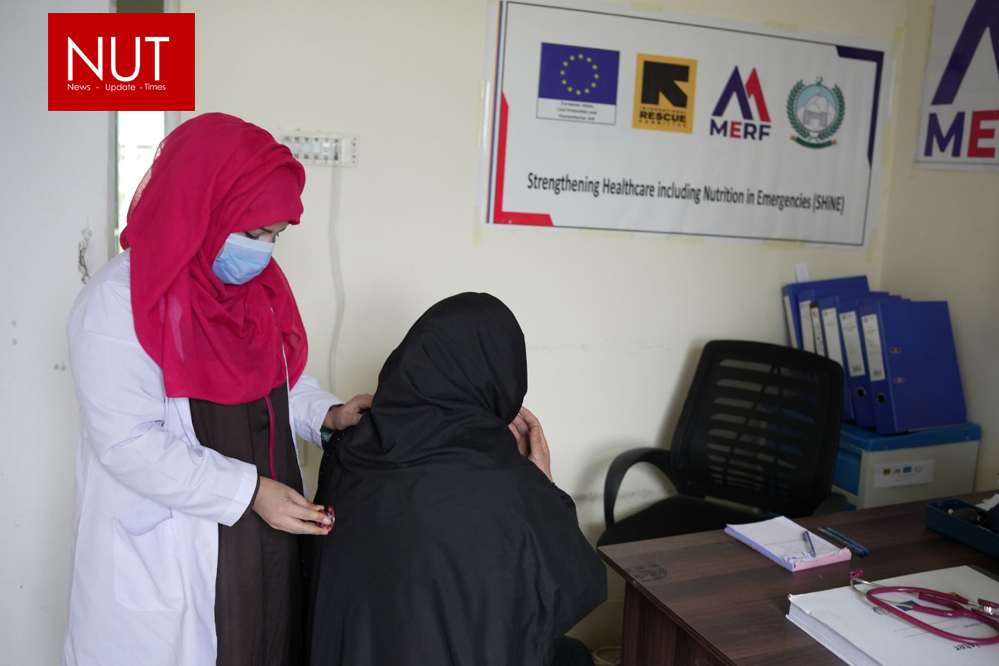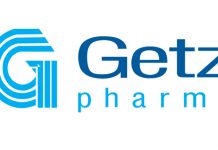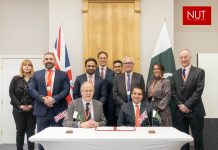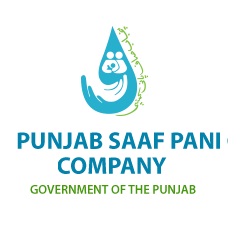Peshawar (Muhammad Yasir) To swiftly rise above the challenge left behind by the pandemic, the International Rescue Committee’s 14-month intervention “Strengthening Healthcare including Nutrition in Emergencies,” (SHiNE) is benefitting men, women and children in Orakzai & South Waziristan districts of Khyber Pakhtunkhwa.
Through this program, 150,000 men, women and children have so far benefitted from the state-of-the-art health facilities set up in their areas. Among them are 45,000 women and children, who, previously had to travel long distances to avail of basic health services.
Over 100 deliveries have also been supported by trained, gender-sensitive healthcare providers at the target facilities. Over 12,000 women and children have been screened for malnutrition and 1,390 cases have been enrolled in community-based programs for rehabilitation. It has also proved instrumental in creating awareness about hygiene, healthcare services and increasing their uptake.
The initiative launched with the support of the European Union, and in partnership with the Government of Khyber Pakhtunkhwa and the Medical Emergency Resilience Foundation (MERF) focuses on improving access to health facilities by strengthening the system to cater to specific needs under maternal, newborn, and child health care. It also covers integrated Water, Sanitation, and Hygiene (WASH) activities, in the vicinity of the targeted health facilities coupled with awareness-raising for infection prevention and improved health-seeking behaviours.
The International Rescue Committee has urged the federal and provincial governments to mainstream integrated health interventions that are tailored to the unique needs of the most vulnerable populations across the country.
The Country Director of the International Rescue Committee, Ms. Shabnam Baloch, said “Our recent experience of working in South Waziristan and Orakzai districts has shown that integrated health interventions targeting the specific needs of vulnerable populations can go a long way in service improvements, community engagement, encouraging long-term public-private partnerships, and systems strengthening. These are all necessary prerequisites to increase coverage, efficiency, and the quality of healthcare services,”
Chief Executive Officer at MERF, Dr. Shah Miran stated “For the first time in decades the provision of comprehensive healthcare services has been ensured in hard to reach areas like Mamoozai in Orakzai and Angor Adda in South Waziristan while the people of Shaktoi belt in Anakhel have finally witnessed the operationalization of a Basic Health Unit (BHU) in their area which remained non-functional for over two decades,”.
This public-private partnership has played a key role in revitalizing the health systems, encouraged repatriation, and created a strong public demand for the continuity of such services. “The provision of nutrition supplies in the target areas that have food insecurity and acute malnutrition as high as 20%, is not less than a blessing at a time when inflation, starvation, and lack of agricultural productivity are already taking a toll on the poorest of households” added Dr. Miran.
The SHiNE intervention, which is in direct support of the provincial government’s ongoing efforts to provide uninterrupted quality healthcare to the underserved populations of the NMDs deserves greater attention by policymakers and legislators. Important lessons learned from this program, if replicated and mainstreamed can have a lasting, positive impact on Pakistan’s overall health & nutrituion indicators.







